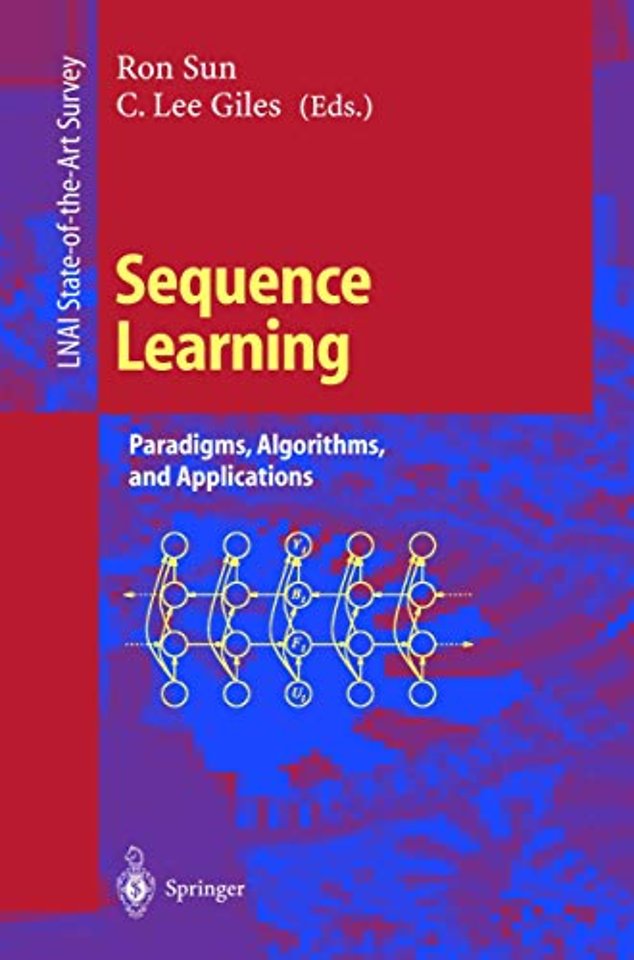Sequence Learning
Paradigms, Algorithms, and Applications
Samenvatting
Sequential behavior is essential to intelligence in general and a fundamental part of human activities, ranging from reasoning to language, and from everyday skills to complex problem solving. Sequence learning is an important component of learning in many tasks and application fields: planning, reasoning, robotics natural language processing, speech recognition, adaptive control, time series prediction, financial engineering, DNA sequencing, and so on. This book presents coherently integrated chapters by leading authorities and assesses the state of the art in sequence learning by introducing essential models and algorithms and by examining a variety of applications. The book offers topical sections on sequence clustering and learning with Markov models, sequence prediction and recognition with neural networks, sequence discovery with symbolic methods, sequential decision making, biologically inspired sequence learning models.

